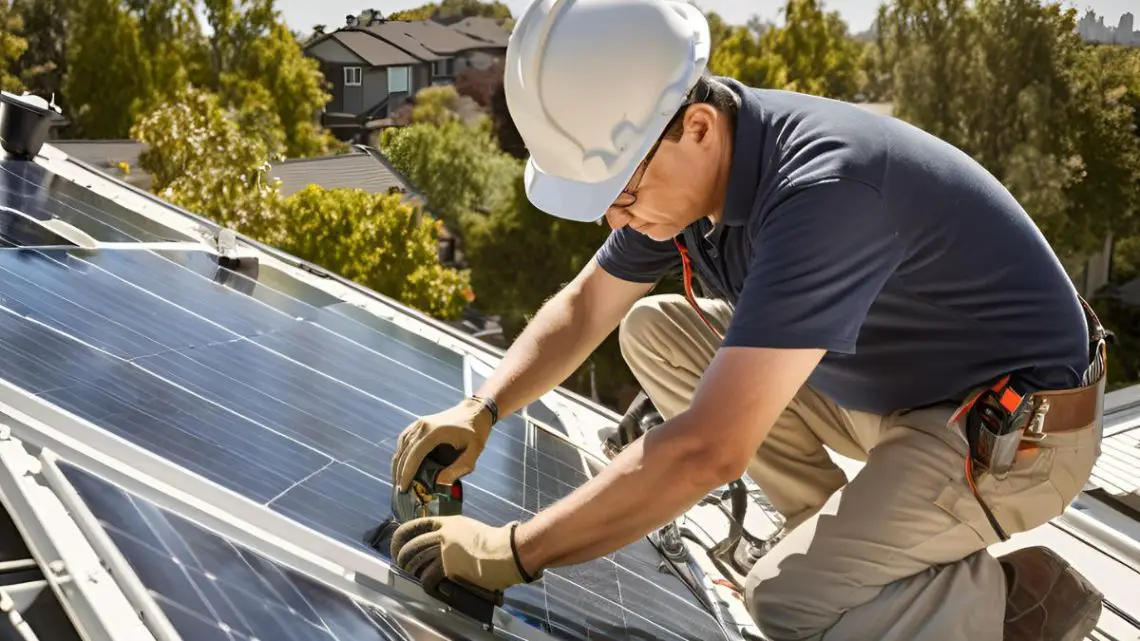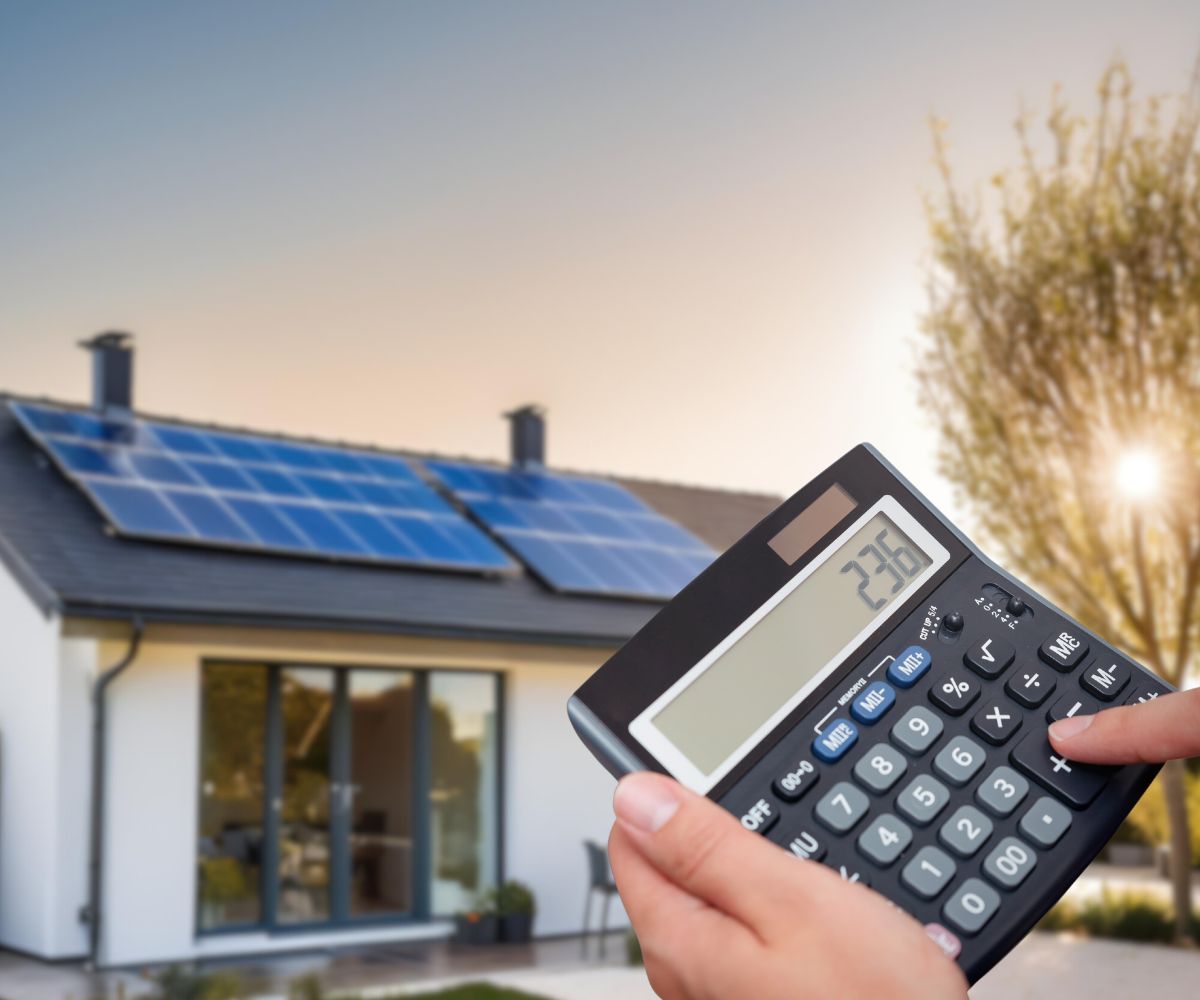
How Solar Energy Can Save You Money and the Planet
October 24, 2024The shift towards renewable energy has been gaining momentum and for a good reason. Solar energy, in particular, stands out as a clean, sustainable, and cost-effective alternative to traditional fossil fuels. By harnessing the power of the sun, you can not only reduce your carbon footprint but also save a significant amount on your energy bills. Here is an explanation of how solar energy works, the financial and environmental benefits, and what you need to consider before making the switch to solar power.
Environmental Impact of Solar Energy
Traditional electricity generation relies on fossil fuels, which contribute to greenhouse gas emissions, air pollution, and climate change. When it comes to environmental impact, Solar pv technology can significantly reduce greenhouse gas emissions, lower air pollution, and decrease reliance on non-renewable fossil fuels, making it a cleaner, sustainable energy solution. Solar energy offers a clean, renewable alternative.
- Lower Greenhouse Gas Emissions: Solar panels produce electricity without burning fossil fuels, which means they don’t emit carbon dioxide (CO2) or other greenhouse gases. A typical residential solar system can offset approximately 3 to 4 tons of CO2 emissions annually.
- Reduced Air Pollution: Fossil fuel power plants release harmful pollutants, including sulfur dioxide, nitrogen oxides, and particulate matter. These pollutants can cause respiratory illnesses, smog, and acid rain. Solar energy helps reduce these harmful emissions.
Understanding Solar Power Systems
Solar energy systems work by converting sunlight into electricity, using photovoltaic (PV) cells. When sunlight hits these cells, it excites the electrons, creating a flow of electricity. This energy can be used immediately to power your home, stored in batteries, or even sold back to the grid, depending on your setup.
- Photovoltaic Effect: Solar panels are made up of numerous PV cells. When sunlight hits these cells, the photons (light particles) knock electrons free, creating an electric current.
- Inverters: The direct current (DC) produced by the panels is converted into alternating current (AC) by an inverter, making it usable for household appliances.
- Energy Storage: Excess energy can be stored in batteries for later use or fed back into the grid, allowing homeowners to receive credits from utility companies.

Financial Benefits of Installing Solar Panels
One of the most appealing aspects of solar energy is its potential to save money. While the initial investment can be significant, the long-term savings are often substantial.
- Tax Incentives: Many governments offer tax credits and incentives to homeowners who install solar panels. For instance, in the United States, the federal Investment Tax Credit (ITC) allows you to deduct a percentage of the installation cost from your federal taxes.
- Rebates: Some states, municipalities, and utility companies offer additional rebates, further reducing the upfront costs of solar installation.
- Lower Utility Bills: Solar panels can generate enough electricity to significantly reduce or even eliminate your monthly electric bill. Depending on your system’s size and energy consumption, you could save thousands of dollars over the lifetime of your panels.
Types of Solar Energy Systems for Homes
Choosing the right solar system for your home depends on various factors, including your energy needs, budget, and location. Let’s take a closer look at the most common types of systems.
- Grid-Tied Systems: These are the most popular for residential use. They are cost-effective because they don’t require batteries. When your solar panels produce excess electricity, it’s sent back to the grid, earning you credits that lower your electric bill.
- Off-Grid Systems: Ideal for remote locations without access to the electrical grid. These systems rely on battery storage to provide power during cloudy days or at night, but they can be more expensive due to the cost of batteries.
- Hybrid Systems: Combine the benefits of both grid-tied and off-grid systems. You can store excess energy in batteries and still remain connected to the grid as a backup. This ensures a reliable power supply even during outages.
Factors to Consider Before Installation
Before installing a solar energy system, it’s important to conduct thorough research and planning. Here are some key considerations to help ensure a smooth transition to solar power.
- Roof Condition: Your roof should be in good condition before installing solar panels. If it needs repairs, address them before installation to avoid future complications.
- Orientation and Angle: Solar panels perform best when they face south (in the northern hemisphere) and are installed at an angle that maximizes exposure to sunlight. The ideal tilt will depend on your geographical location.
Solar energy is a smart investment that offers numerous benefits, both financially and environmentally. By switching to solar power, you can reduce your energy bills, earn incentives, and contribute to a greener planet. Whether you opt for a grid-tied system, an off-grid solution, or a hybrid approach, solar technology can help you achieve energy independence and sustainability.



 With over 15 years of reporting hydrogen news, we are your premier source for the latest updates and insights in hydrogen and renewable energy.
With over 15 years of reporting hydrogen news, we are your premier source for the latest updates and insights in hydrogen and renewable energy.